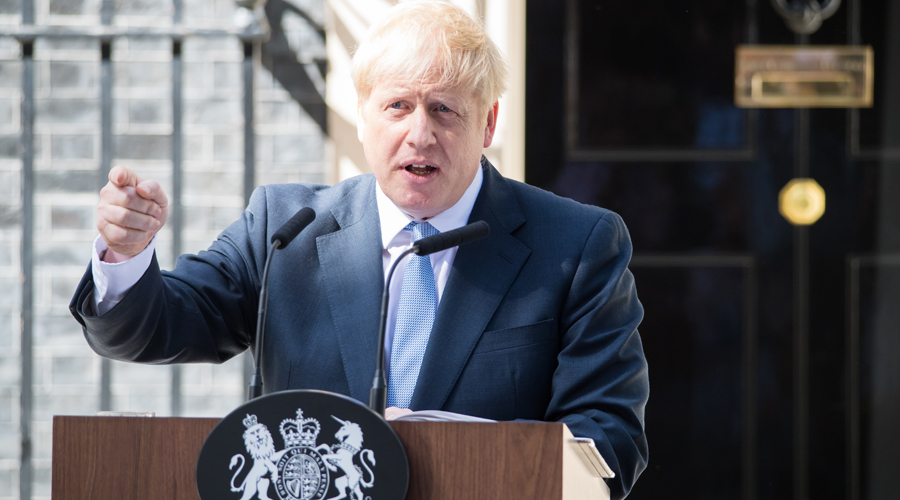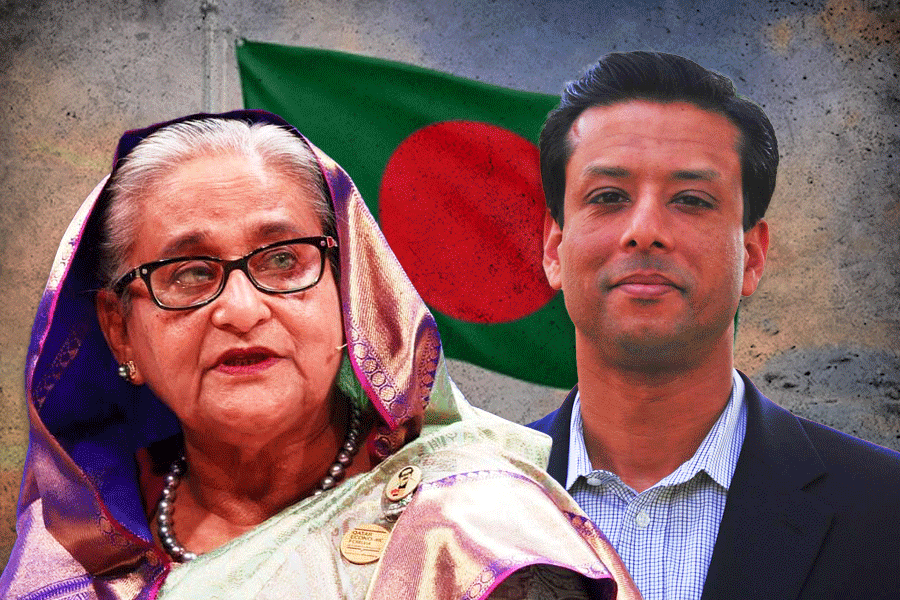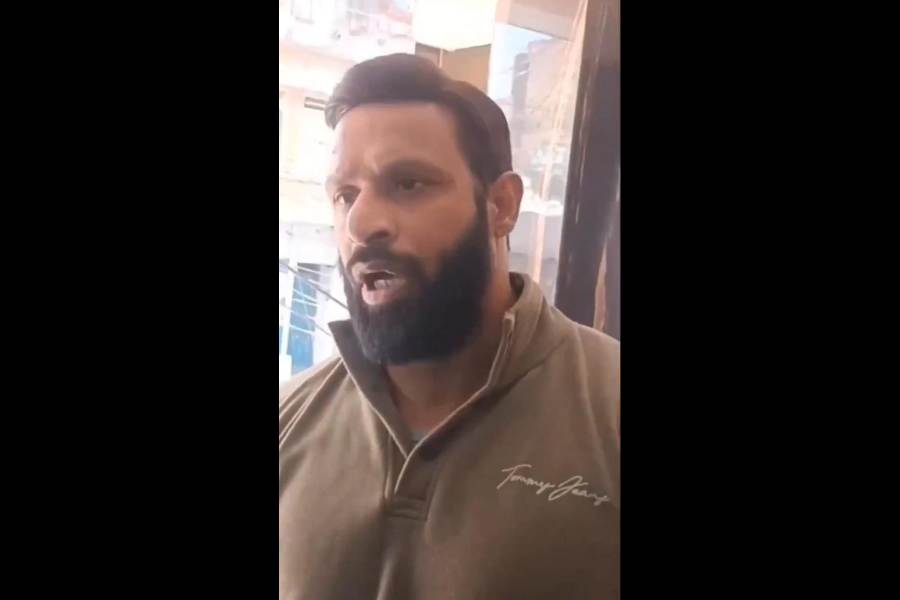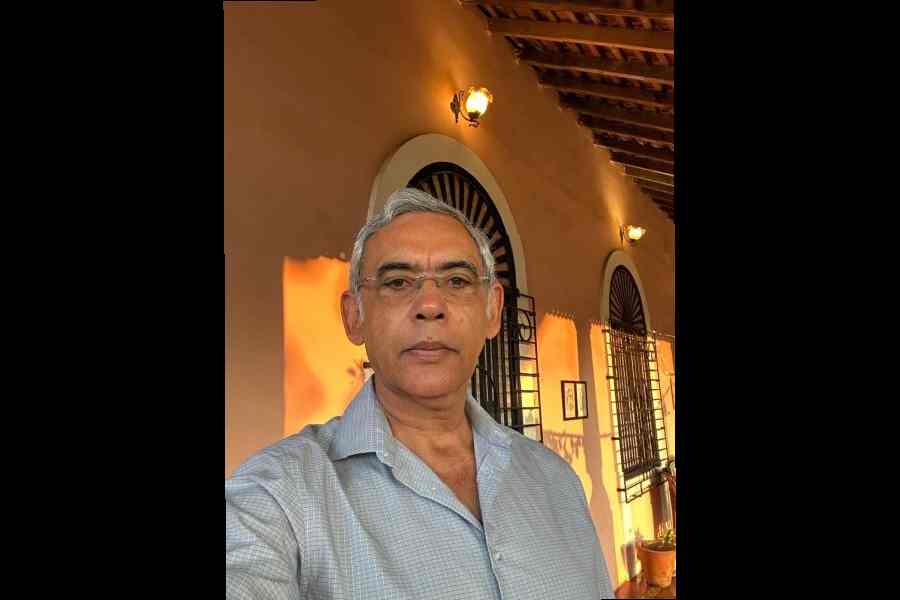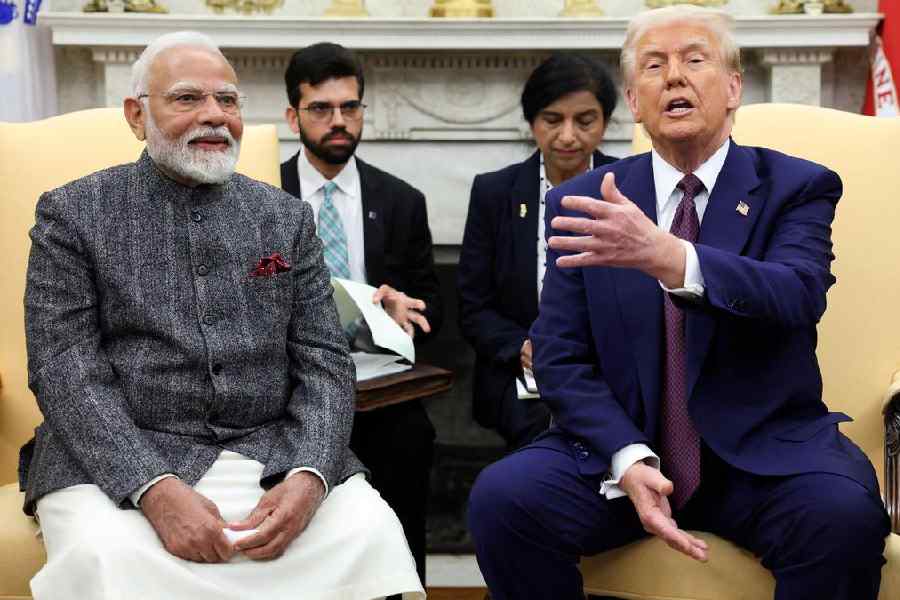Britain is set to become the first country in the world to give people a third “booster” jab of the Covid vaccine about six months after the second dose.
This is partly because there is uncertainty about how long immunity lasts after two doses of the vaccine — and also because Prime Minister Boris Johnson, under attack from the extremist libertarian wing of the Conservative Party, is desperate to avoid a fourth lockdown in the winter.
Boris paid up front to secure vast supplies of every vaccine long before anyone was confident they would work. Interim advice to the government to go ahead with the booster jab has come from the Joint Committee on Vaccination and Immunisation (JCVI).
The JCVI’s final advice will be published before September, when better data will be available on how long protection from the first two doses of the vaccines lasts.
Britain’s new health secretary, Sajid Javid, who has replaced Matt Hancock, said: “The phenomenal vaccine rollout has already saved tens of thousands of lives and prevented millions of infections, helping to wrestle back control of the pandemic and ease lockdown restrictions so we can return to normal as soon as possible.
“We need to learn to live with this virus. Our first Covid-19 vaccination programme is restoring freedom in this country, and our booster programme will protect this freedom. We are working with the NHS to make sure we can rapidly deliver this programme to maintain protection for people in the winter months.”
Some scientists have questioned the morality of giving a third dose when people in the poorest parts of the world have not had even a single one.
Vaccines minister Nadhim Zahawi pointed out: “Our Covid-19 vaccination programme has been a roaring success, with almost 85 per cent of adults across the UK receiving a first dose and more than 62 per cent getting both doses.
“We are now planning ahead to future-proof this progress and protect our most vulnerable from variants and flu ahead of the winter. Vaccines are the best way to stay on top of this virus and I urge everybody to take up the offer as soon as possible.”
Initially, the booster jabs will be given to: adults aged 16 and over who are immunosuppressed or clinically extremely vulnerable; residents in care homes for older adults; all adults aged 70 and over; and frontline health and social care workers. The next priority group will be: all adults aged 50 and over; adults aged 16-49 who are in a flu or Covid-19 at-risk group; and those living in the same house as people who are immunosuppressed.
Younger adults will be not be given a third dose, because they will only have had their second dose in the summer, although this decision will be revisited at a later time.
The decision on a booster comes amid fears that Britain could face a bad flu season because of the reduced social contact last winter limiting the build-up of immunity.
Officials said decisions have yet to be taken about choice of vaccines. Trials are examining a “mix and match” approach which could mean those given the AstraZeneca jab receive a Pfizer booster, or vice versa.
The deputy chief medical officer for England, Prof. Jonathan Van-Tam, said: “We want to be on the front foot for Covid-19 booster vaccination to keep the probability of loss of vaccine protection due to waning immunity or variants as low as possible — especially over the coming autumn and winter.” He said the relaxation of restrictions could fuel a resurgence in flu this winter, suggesting that high vaccine uptake was key to keeping freedoms in place.
Van Tam added: “Fewer or no restrictions will mean that other respiratory viruses, particularly flu, will make a comeback and quite possibly be an additional problem this winter, so we will need to ensure protection against flu as well as maintaining protection against covid-19.”
Adar Poonawalla, the CEO of the Serum Institute of India, the world’s largest vaccine manufacturer, addressed the question of inequality when he appeared on the India Global Forum on Wednesday. He is currently in London where he wants to open a SII office to handle world distribution.
“In fact, we started to export a lot of doses from India, we’ve exported 60 million doses between January and the end of February, which is perhaps more than any other country,” he said. “And then (after) the second wave in India, we have had to focus all the firepower and the vaccines to the Indian population because that was where it was needed the most. Eventually India will go back to supporting (the UN programme) Covax in a few months and start re-exporting vaccines so that there is equitable distribution.”
He continued: “In January, we were at 50 million doses a month. In March, we were (manufacturing) around 70. And now in the month of June, I’m pleased to announce we’re at 90 million doses a month, and we’ll probably add another 10 per cent to that output in August.
“Today we are vaccinating anywhere between four to five million beneficiaries a day in India which is incredible. We have now administered 340 million doses to Indians. By the end of December, I think a large part of the Indian population should be vaccinated. I don’t know exactly how much. It’ll all depend on the other manufacturers, how fast they can scale up, and how much more we can import into our country.”
He believes the pandemic could last “two or three years”.

